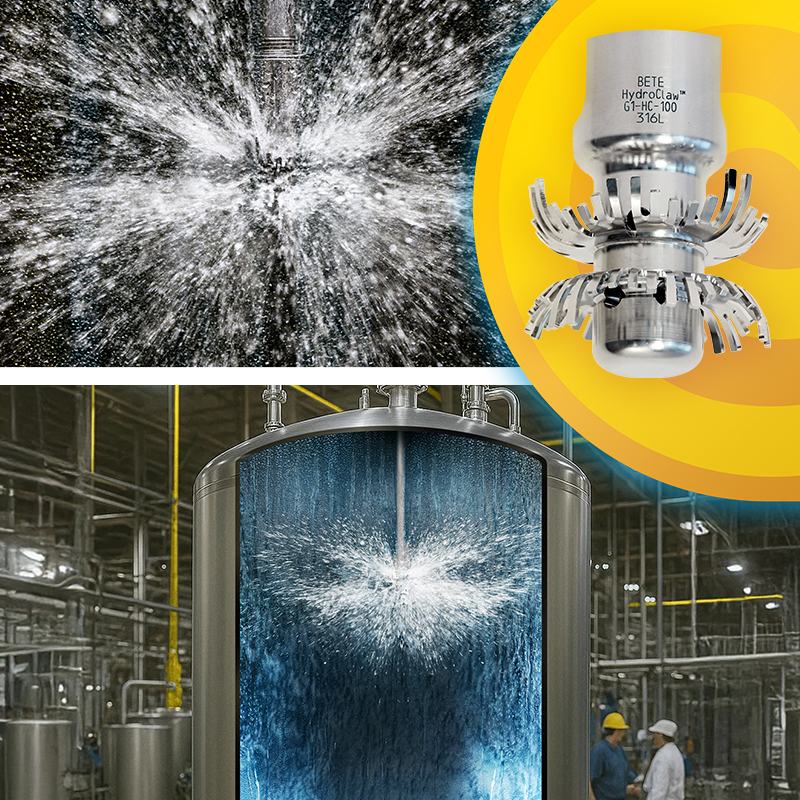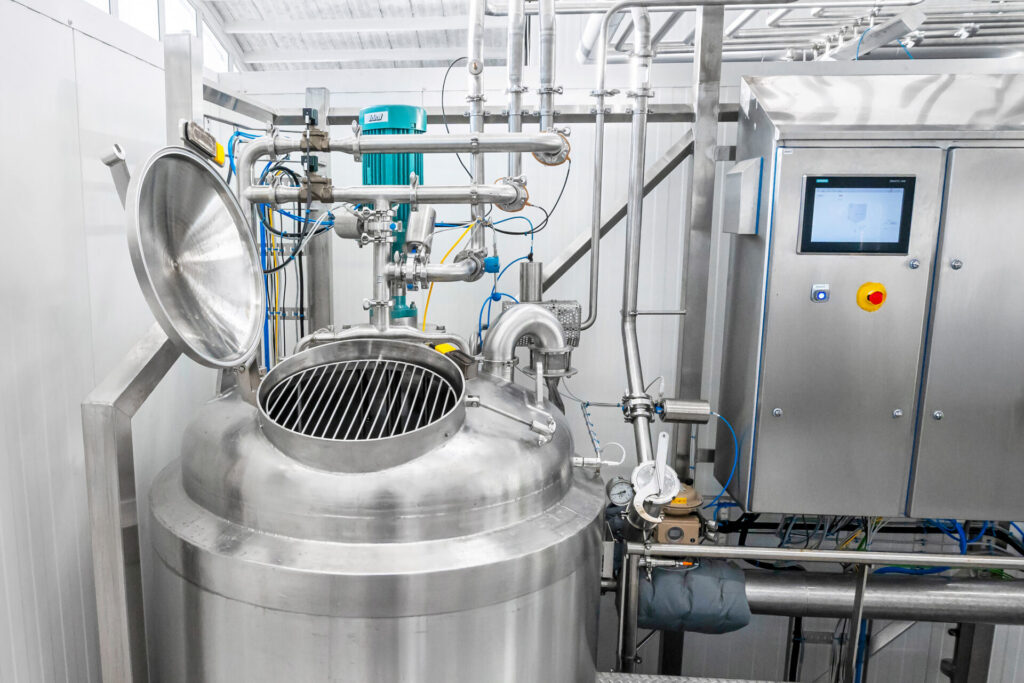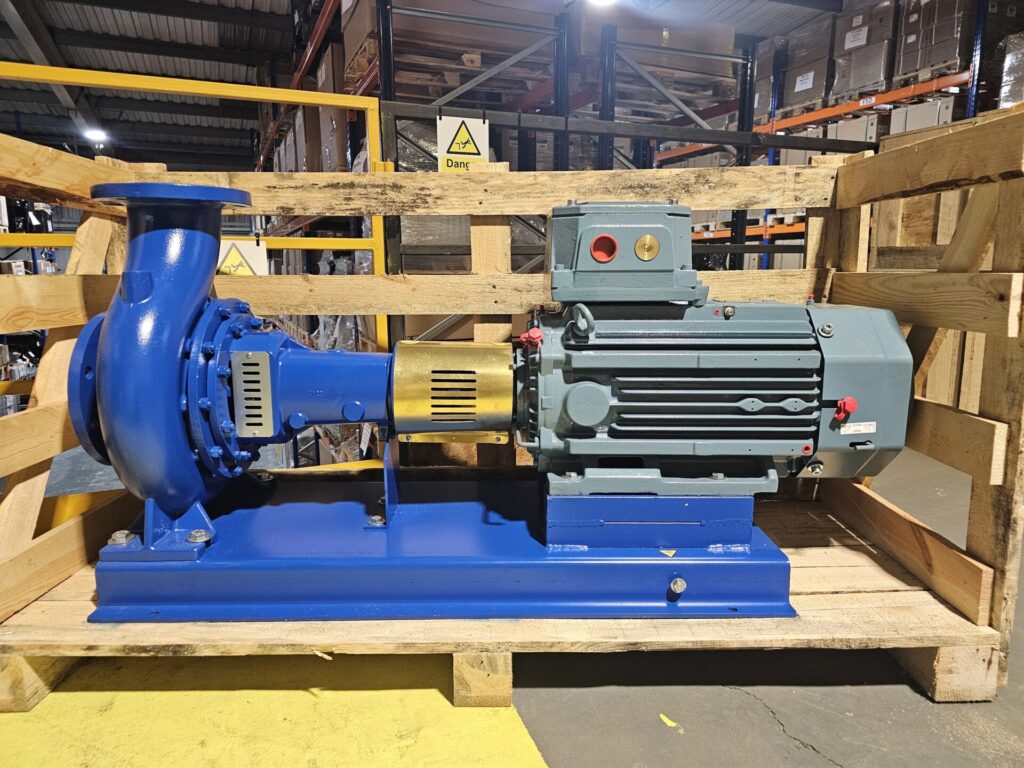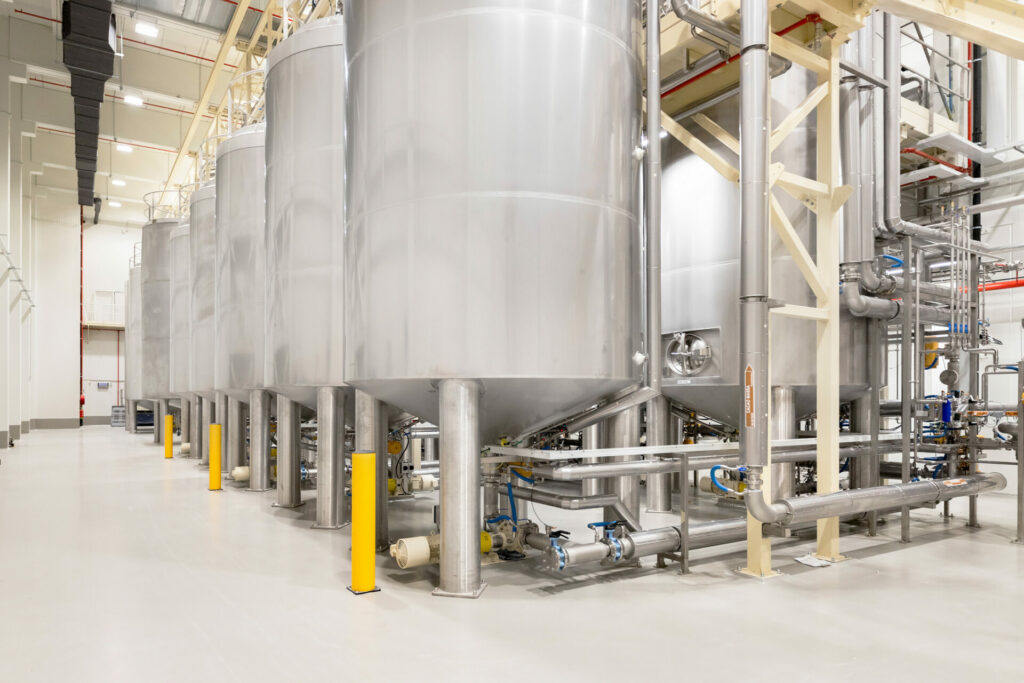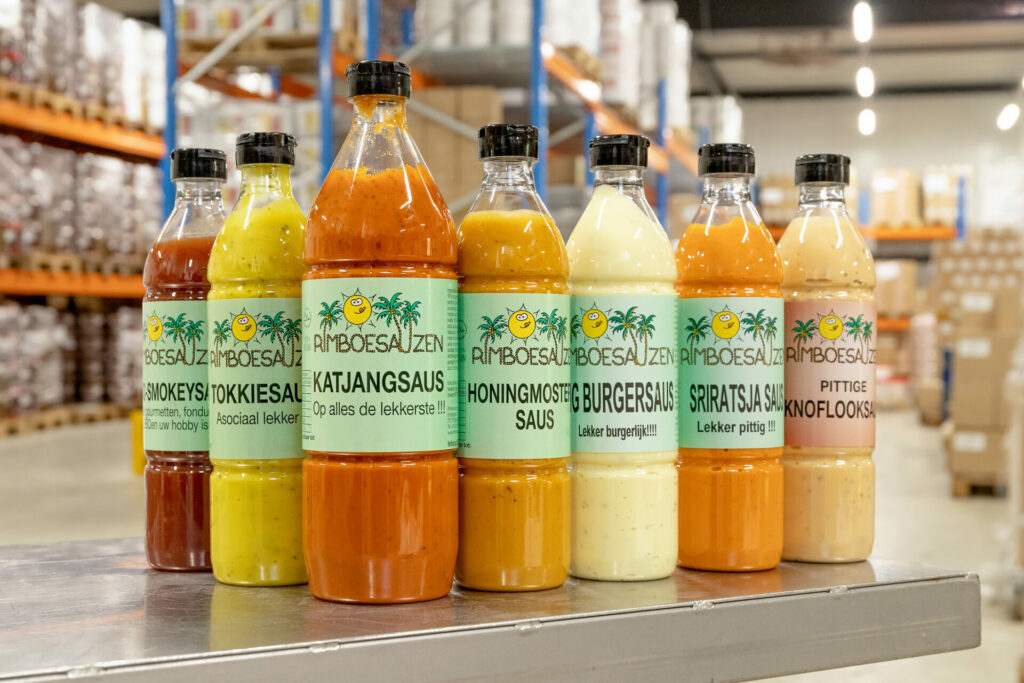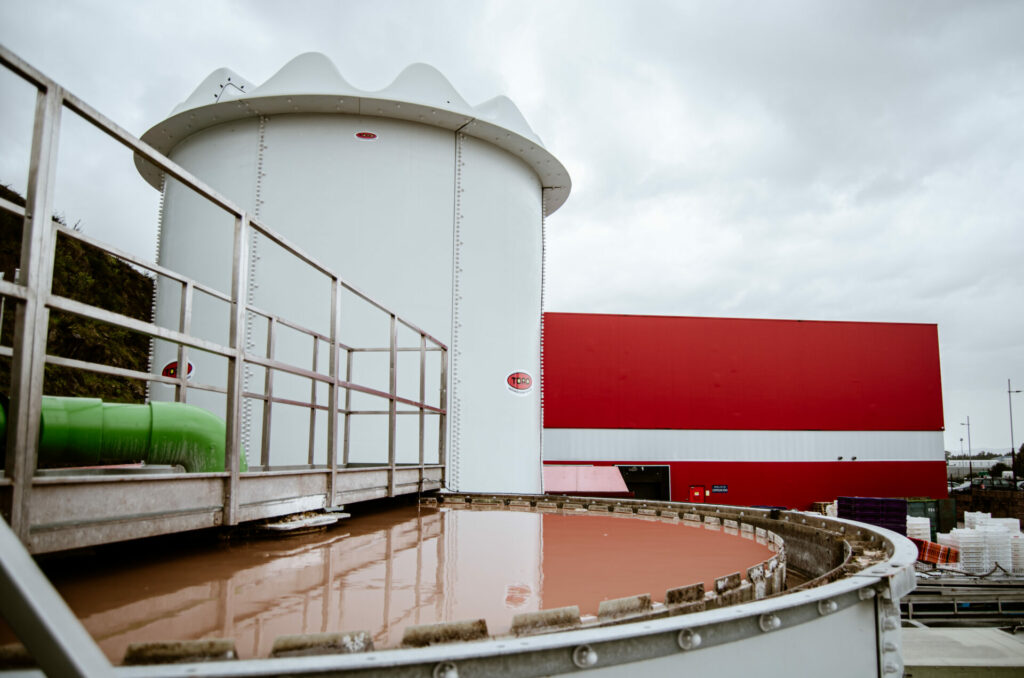Bulk liquid storage companies provide a vital interface between sea, road, rail, and pipeline logistics for various substances, including chemicals, transport, and heating fuels. They play a critical role in the supply chain required to import and export goods. In principle, any liquid product transported in bulk can be stored in a bulk liquid terminal. Terminal operating companies could store a single product or multiple products and provide supplementary services such as blending, packaging, drum filling, water treatment and analysis, warehousing, and bonded alcohol storage.
Why is the location important?
Terminal locations are strategic and aim to satisfy the market’s needs and broader supply chain. They may also be placed to capitalize on product patents. For certain products, for example, transport fuels, terminals may be considered Critical National Infrastructure by Governments due to their importance in providing essential services to a country. When considering the location of a terminal, it is necessary to consider access to logistical connections.




